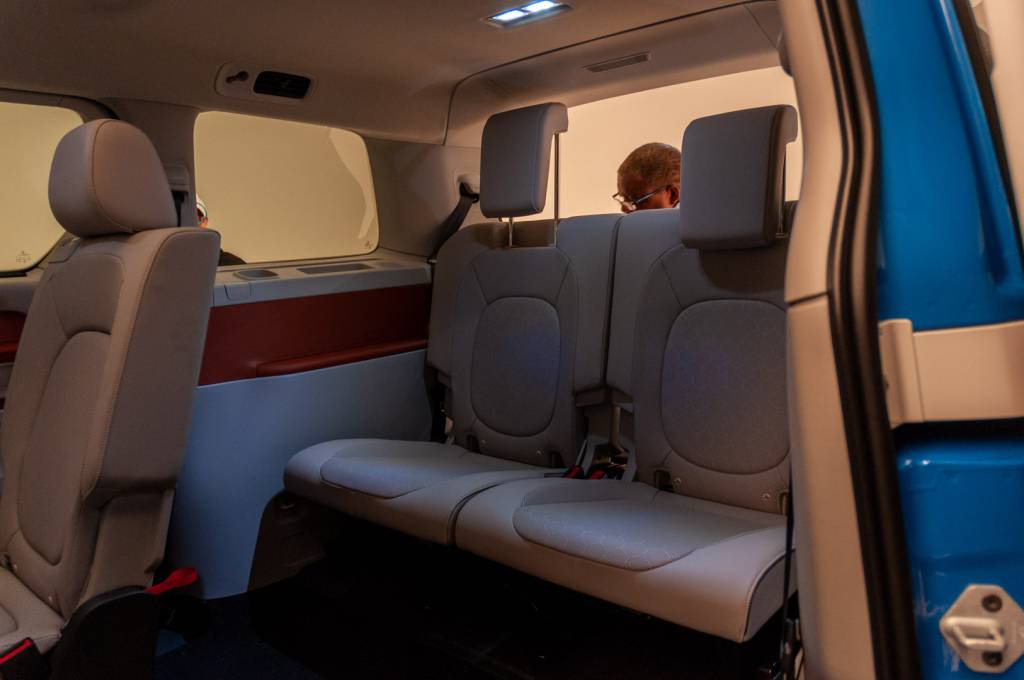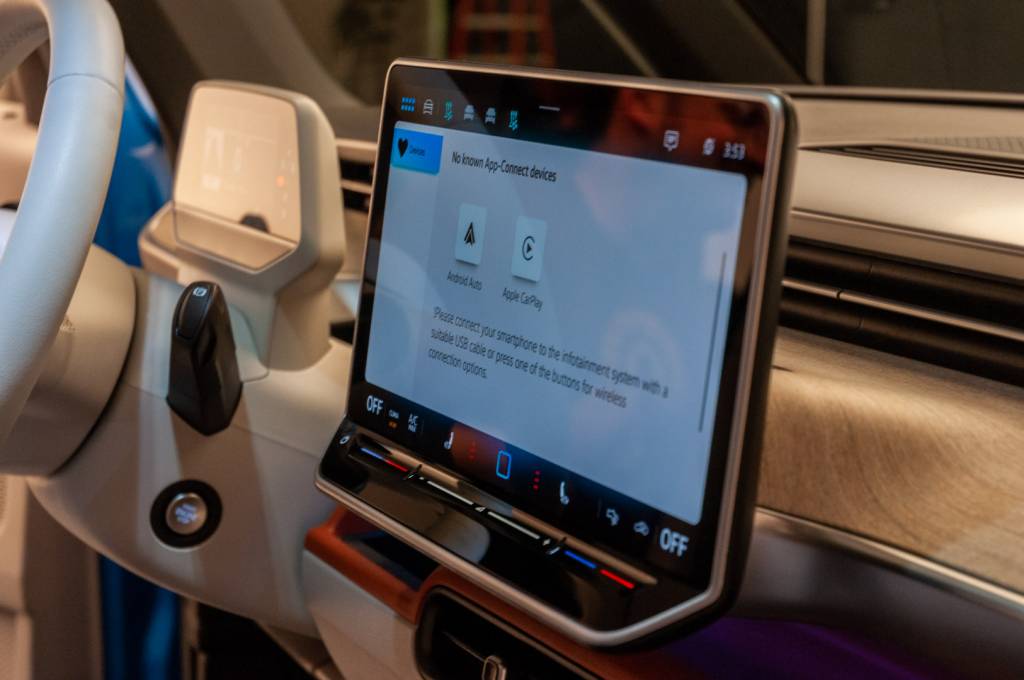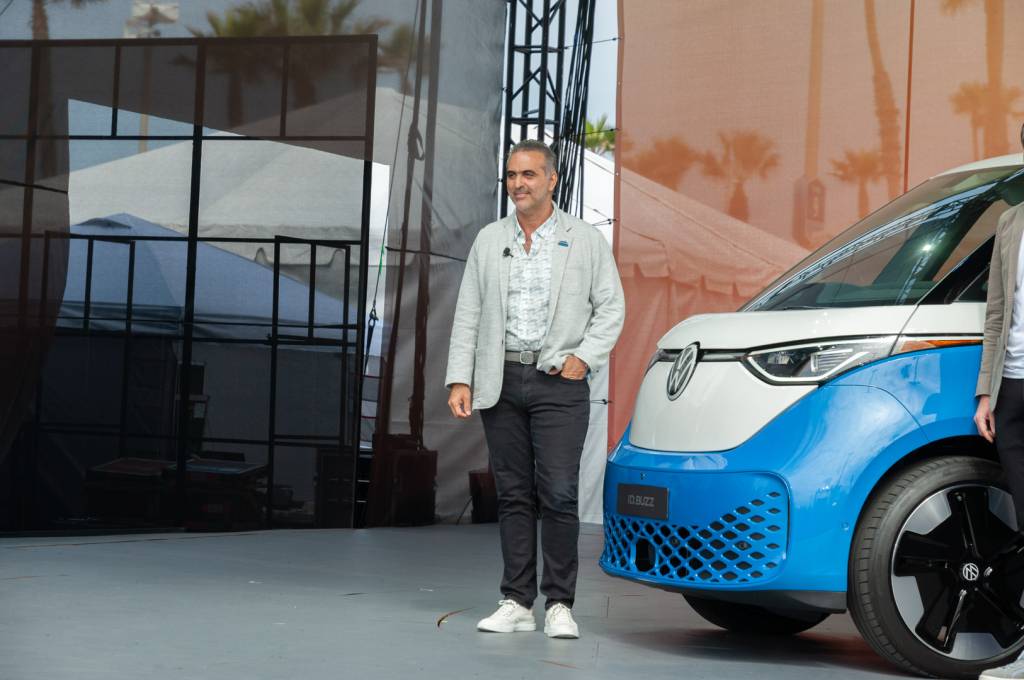VW Bus delay: Why did VW ID.Buzz take so long to come to the US?
Remember the line from “Titanic” when Rose is an old woman and she asks, “It’s been 84 years?” With the debut of the U.S-spec Volkswagen ID.Buzz that moment feels oddly familiar.
Why did it take so long for the VW Bus to return despite concepts teasing us since 2001? Why did production of the two-row ID.Buzz start in Europe a year ago, and the three-row version of the ID.Buzz was just unveiled on Friday? Why won’t three-row ID.Buzz even arrive in the U.S. for yet another year?
We asked Volkswagen executives these very questions. In short, timing is everything and a lot of waiting was needed to get things right, both for packaging and America. But to some level, if you’re disappointed by the lack of a simpler, smaller ID.Buzz, you can blame focus groups.

2025 Volkswagen ID.Buzz
Volkswagen ID.Buzz packaging
President and CEO of Volkswagen Group of America Pablo Di Si told Green Car Reports the company wanted to bring back the bus for a long time, but the unique design forced a lot of needs. The short overhangs and necessary packaging to make those happen meant the bus couldn’t come back as a gas-powered van, rather it needed to be electric. The automaker has been waiting for the moment to be right.
Focus groups in America told VW they aren’t interested in the shorter two-row model the rest of the world has had for a year, according to Di Si. The long wheelbase three-row model is it. The team needed time to stretch the wheelbase nearly 10 inches, add in a third row, and fit a larger 91-kwh battery pack (vs. the two-row’s 82-kwh pack). Three-row models also receive a more powerful rear motor with 282 hp and dual-motor models will have about 330 hp.
The regulatory market differences also took time. The lighting on the U.S.-spec three-row model is different and there are now eight USB-C ports inside the ID.Buzz (for America), noted Kai Grunitz, head of R&D for the VW passenger car brand.

2025 Volkswagen ID.Buzz
Volkswagen ID.Buzz electrical architecture
But VW didn’t need a full two years to make the ID.Buzz longer and add a third row. Revising lighting doesn’t take that long either. Consumer feedback about the ID.4 ended up dictating what VW had to do before the ID.Buzz even arrived.
Di Si told GCR the biggest criticism of the ID.4 crossover SUV from customers is the infotainment system.
Although the ID.Buzz carries over its MEB platform from the ID.4, albeit with different dimensions, it features more memory and new CPUs powering their interface vs. the ID.4. The interface is new, the voice assistant is reprogrammed, and the infotainment system’s running on some new hardware versus the current Euro-spec model’s system. Grunitz said it’ll take seconds from startup to start navigation in the ID.Buzz.
Grunitz noted that when the ID.Buzz launches the system needs to be perfect. There’s no volume knob, but the touch-based volume and climate control sliders are now backlit for the ID.Buzz unlike the ID.4.
These features, along with expanded over-the-air update capabilities, are all making their debut in the ID.7 hatchback ahead of the ID.Buzz.

2025 Volkswagen ID.Buzz
Di Si admitted some mistakes were made with the ID.4. While the automaker works to correct those through updates they aren’t looking to make those same fumbles with the ID.7, and especially not with the ID.Buzz. The ID.7 will serve as the launch point to ensure any issues are completely resolved with the new software and hardware before the ID.Buzz arrives in the third quarter of 2024.

